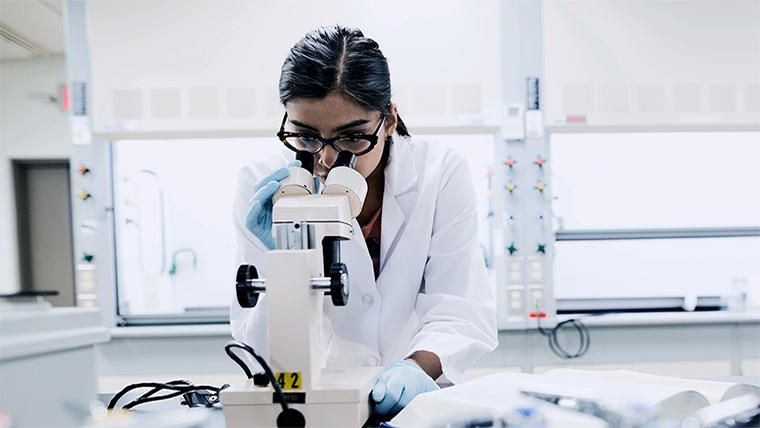
Animal breeding is one area that is relevant and interesting in this week's interview with Sinead Leahy, and really because of how close it is to market.
Scientists have now, through significant research, bred a low emitting flock of sheep that is producing significantly less methane. In fact between two flocks that scientists have bred, one flock being a standard sheep and the second a low emitting flock, the difference in methane produced is 10% between the two.
The science community is now working with industry to incorporate these low emitting traits into the general flock in New Zealand. This low emitting trait will be available through rams in the next couple of years. There is similar research for cattle and much of the work achieved in sheep can be translated directly into cattle.
A vaccine for methane is also quite possible soon and Leahy says the latest in vaccine research shows that “methane forming microbes are present in every ruminant across the globe, and what a vaccine does is it targets those methane forming microbes specifically and impacts their ability to produce methane so you stimulate the immune system in the mouth of the animal, and the immune system then washes into the rumen stomach through saliva and then you are hoping the immune system is able to identify those methane forming microbes to impact or stop them from producing methane.”
A vaccine is likely the most wanted type of mitigation technology due to it’s regular use on farm already, and scientists have shown that it can work in a test tube that replicates a living animal. But it does not currently work when tested on live animals, but no reason has yet been identified as to why it should not work, which is promising. Significant work continues in the vaccine area and there is a real possibility that this mitigation approach will become available.
It is increasingly clear that with these types of science advances, livestock-based food will be able to be supplied to meet consumer demand while still meeting climate and sustainability requirements. Leading the way across multiple fronts will give the New Zealand red meat industry a significant market advantage.
Support us. Go ad-free. Find out more.
Listen to the podcast to get the full story and full perspectives from a key scientist involved in this work.
Angus Kebbell is the Producer at Tailwind Media. You can contact him here.
1 Comments
"It is increasingly clear that with these types of science advances, livestock-based food will be able to be supplied to meet consumer demand while still meeting climate and sustainability requirements."
Ah, no. Sorry, but that is nothing but spin.
Maybe read up on Jevons Paradox........ Diminishing returns...... EROEI........
We need less consumers, less consuming. Techno fixes are what got us into this mess.

We welcome your comments below. If you are not already registered, please register to comment
Remember we welcome robust, respectful and insightful debate. We don't welcome abusive or defamatory comments and will de-register those repeatedly making such comments. Our current comment policy is here.